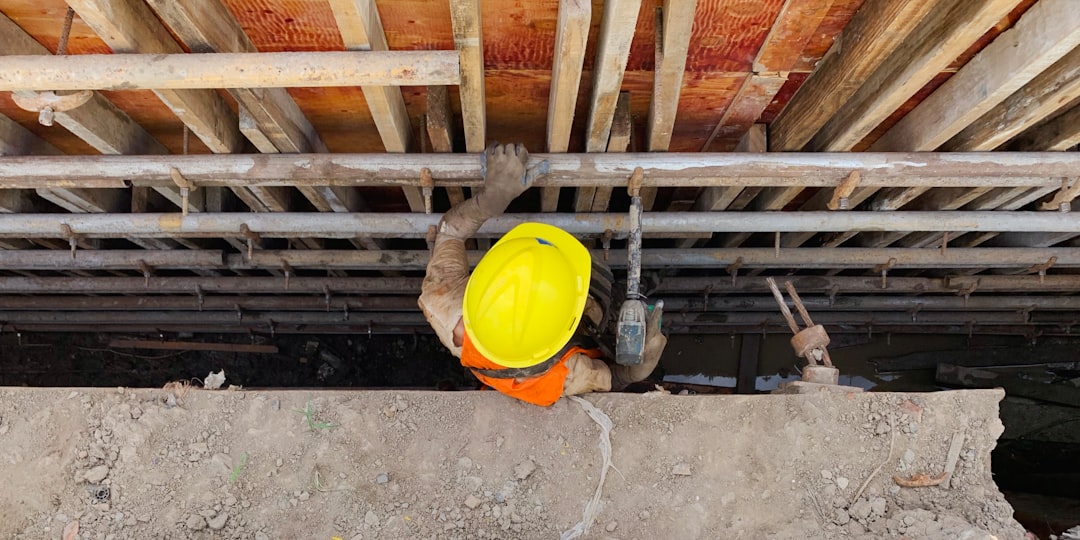Carbon Monoxide Detector Installation Cost Guide
Price source: Costs shown are derived from our proprietary U.S. construction cost database (updated continuously from contractor/bid/pricing inputs and normalization rules).
Eva Steinmetzer-Shaw
Head of Marketing
Carbon Monoxide Detector Installation Cost: A Professional's Guide
Understanding the cost of installing carbon monoxide detectors is crucial for construction professionals. The average cost for a professionally installed CO detector ranges from $180 to $320 per unit. However, this can vary based on project specifics. Accurate estimates are essential to maintain profit margins and client trust.
Average Cost Range in Residential Projects
The national average for CO detector installation is between $180 and $320 per unit. Here are the typical costs:
- Basic battery-powered replacement: $120–$180 (unit + 30 minutes labor)
- Hard-wired retrofit: $220–$280 (unit + 1-1.5 hours labor + wiring)
- Smart interconnected system: $300–$450 (unit + 2-3 hours labor + cabling)
These estimates consider current supplier quotes and local labor rates, providing a site-specific cost rather than a national average.
Key Factors Driving Installation Cost
1. Detector Type
- Battery-Only: Lowest cost, minimal disruption
- Plug-In with Battery Backup: Slightly higher cost, quick install
- Hard-Wired: Higher cost, preferred by code officials
- Smart/IoT Enabled: Higher unit price due to advanced features
2. Quantity and Placement
Building codes often require detectors on each floor and outside sleeping areas. For a two-story, four-bedroom home, three to five units may be needed.
3. Wiring Complexity
Running new cable through finished walls can double labor time. Being prepared with the right tools can prevent costly delays.
4. Permitting and Inspection
Permit fees range from $25 to $150. Keeping an updated permit database ensures compliance costs are covered in estimates.
Breaking Down the Estimate
- Detector Unit Pricing: Synced from wholesalers
- Consumables: Wire nuts, staples, etc.
- Labor: Calculated by ZIP code
- Overhead & Profit: Customizable markup
- Permits & Inspection: Preloaded fee tables
Example Cost Snapshot
A Phoenix-area project for two hard-wired and one battery backup detector:
- Smart hard-wired detectors (2 @ $78 each): $156
- Battery detector (1 @ $32): $32
- 40 feet 14-2 NM cable, staples, junction box: $28
- Labor 3.5 hours @ $72/hr: $252
- Permit and inspection: $65
Total estimated project cost: $533
Step-by-Step Installation Workflow
- Confirm locations with homeowner and code requirements
- Use voice commands to add units and labor time
- Generate material list and push to supplier
- Install detectors following specs
- Test devices and log serial numbers
- Submit digital inspection form
- Send final invoice and collect approval
Five Pro Tips from Estimators
- Bundle CO detectors with smoke alarms
- Choose sealed-battery models
- Pre-label circuits for troubleshooting
- Capture photos for quality assurance
- Offer a five-year service package
Why Professionals Choose Our Platform
- Real-time voice estimation
- Live material pricing
- AI blueprint takeoffs
- Integrated invoicing
Explore more at CountBricks.com
Case Study: Efficient Installation
A recent project involved installing five smart hard-wired CO detectors in a 2,400 sq ft home. Using our platform, the contractor quickly generated material costs and labor schedules, optimizing efficiency.
The process included:
- Pre-fabrication: Generated cut sheets and pre-labeled cables
- On-site installation: Completed rough-in and trim-out efficiently
- Inspection: Passed quickly with digital documentation
- Close-out: Provided warranty packet and digital invoice
Total labor: 3.9 hours. Profit margin: 34%
Additional Revenue Opportunities
- Offer annual detector testing as a service
- Upsell smart detectors with home automation
- Package CO detectors with other safety devices
Ready to Enhance Your Estimates?
Visit CountBricks.com to learn more about our platform.

